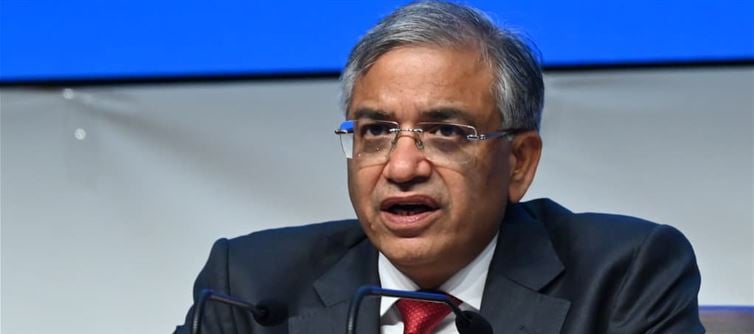
💣 “The Man Who Built a Road — And Paid With His Life” — How a 2006 kerala Scandal Now Haunts India’s Chief election Commissioner 💣
The response? Swift — but not just. Kumar was transferred, and the file quietly disappeared into India’s favorite filing cabinet: Oblivion.
Now, nearly two decades later, that same officer — cleansed by time and bureaucracy — has become the Chief election Commissioner of India, the man responsible for ensuring free and fair elections.
Coincidence? Maybe.
Pattern? Definitely.
💥 THE india THAT FORGETS TOO FAST — A 3-PART TRUTH BOMBSHELL
⚙️ 1. The Scandal That Built Nothing but Silence
Lee See Ben wasn’t just another contractor — he was a foreign investor who believed in India’s promise. What he didn’t know was that quality construction was an offence in a system where mediocrity feeds corruption.
Reports from 2006 (Hindustan Times, dna India) revealed he faced harassment and payment delays allegedly used as leverage for bribes. When he refused to play along, the pressure mounted — until he couldn’t take it anymore.
He left behind a note naming officials. One was transferred.
No arrests. No accountability.
Just another death turned into paperwork.
🧱 2. The Officer Who Rose Higher Than Justice
Gyanesh Kumar, a 1988-batch IAS officer, continued his climb up India’s administrative Everest — Finance, External Affairs, home Affairs — you name it.
In february 2025, he was appointed Chief election Commissioner under the new CEC Act, making him one of the most powerful bureaucrats in the country.
The very system that should’ve investigated him instead rewarded him — a promotion pipeline paved with silence and immunity.
And now, he’s the one who certifies democracy’s fairness.
You can’t make this up.
🕳️ 3. The System That Buries the Dead and Promotes the Powerful
Every indian knows this story — just with different names.
A tragedy. A note. A transfer.
It’s the classic bureaucratic redemption arc — where accountability ends the moment power begins.
The Lee See Ben case wasn’t just a death; it was a symbol of what india does to those who don’t kneel. It exposed the rot within the public works and contract system, where building something “too perfect” becomes a sin if it doesn’t feed the corrupt.
Nineteen years later, the same names resurface — not in shame, but in authority.
⚔️ THE BRUTAL TRUTH
We don’t remember our scandals — we recycle them.
We don’t punish our accused — we promote them.
And we don’t honor our dead — we rewrite their deaths as administrative footnotes.
💬 FINAL TAKE:
Lee See Ben built a road that lasted.
The system he fought still hasn’t cracked.
And until we stop promoting ghosts of our past into guardians of our democracy,
India’s biggest pothole will always be — accountability.




 click and follow Indiaherald WhatsApp channel
click and follow Indiaherald WhatsApp channel